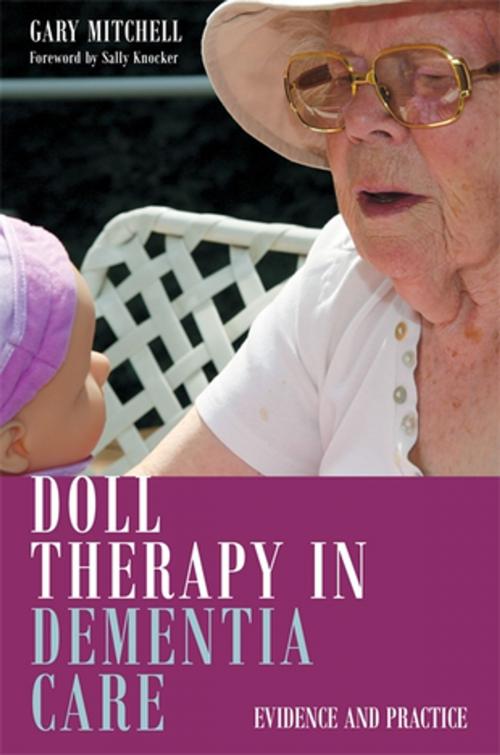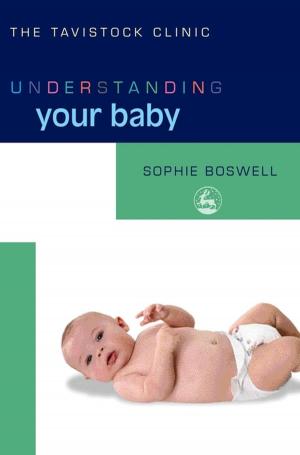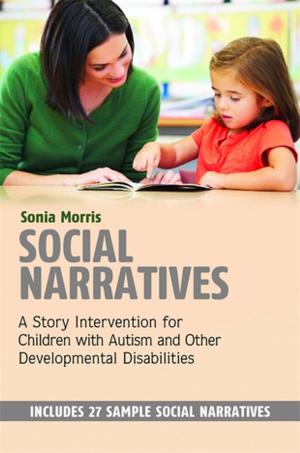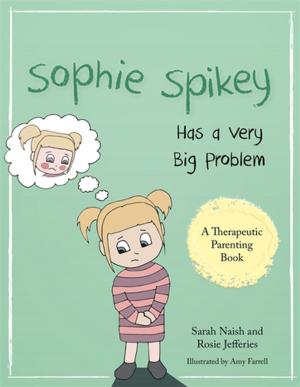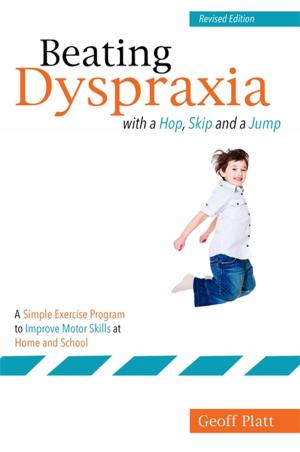Doll Therapy in Dementia Care
Evidence and Practice
Nonfiction, Family & Relationships, Aging, Eldercare, Health & Well Being, Medical, Ailments & Diseases, Diseases, Social & Cultural Studies, Social Science| Author: | Gary Mitchell, Jan Dewing, Caroline Baker, Brendan McCormack, Tanya McCance, Michelle Templeton, Helen Kerr, Ruth Lee, Jessie McGreevy, Marsha Tuffin, Ian Andrew James | ISBN: | 9781784500078 |
| Publisher: | Jessica Kingsley Publishers | Publication: | July 21, 2016 |
| Imprint: | Jessica Kingsley Publishers | Language: | English |
| Author: | Gary Mitchell, Jan Dewing, Caroline Baker, Brendan McCormack, Tanya McCance, Michelle Templeton, Helen Kerr, Ruth Lee, Jessie McGreevy, Marsha Tuffin, Ian Andrew James |
| ISBN: | 9781784500078 |
| Publisher: | Jessica Kingsley Publishers |
| Publication: | July 21, 2016 |
| Imprint: | Jessica Kingsley Publishers |
| Language: | English |
Advocating doll therapy as an intervention for people with dementia, this book combines theory and evidence to show its many benefits and present guidelines for best-practice.
Despite being widely and internationally used, doll therapy is a controversial and often misunderstood intervention. This book debunks the myths surrounding doll therapy, highlighting its proven positive impact on the well-being of people with dementia. The book gives care professionals an indispensable overview of doll therapy within the context of current advocated best practices, using original research and evidence to present the rationale of its use. The book also engages with ethical issues, ensuring that professionals are aware of the aspects of doll-therapy that may be counter-productive to person-centred care. Providing clear guidelines on how best to utilise doll therapy, this comprehensive book is an important resource for any professional looking to implement this intervention.
Advocating doll therapy as an intervention for people with dementia, this book combines theory and evidence to show its many benefits and present guidelines for best-practice.
Despite being widely and internationally used, doll therapy is a controversial and often misunderstood intervention. This book debunks the myths surrounding doll therapy, highlighting its proven positive impact on the well-being of people with dementia. The book gives care professionals an indispensable overview of doll therapy within the context of current advocated best practices, using original research and evidence to present the rationale of its use. The book also engages with ethical issues, ensuring that professionals are aware of the aspects of doll-therapy that may be counter-productive to person-centred care. Providing clear guidelines on how best to utilise doll therapy, this comprehensive book is an important resource for any professional looking to implement this intervention.
